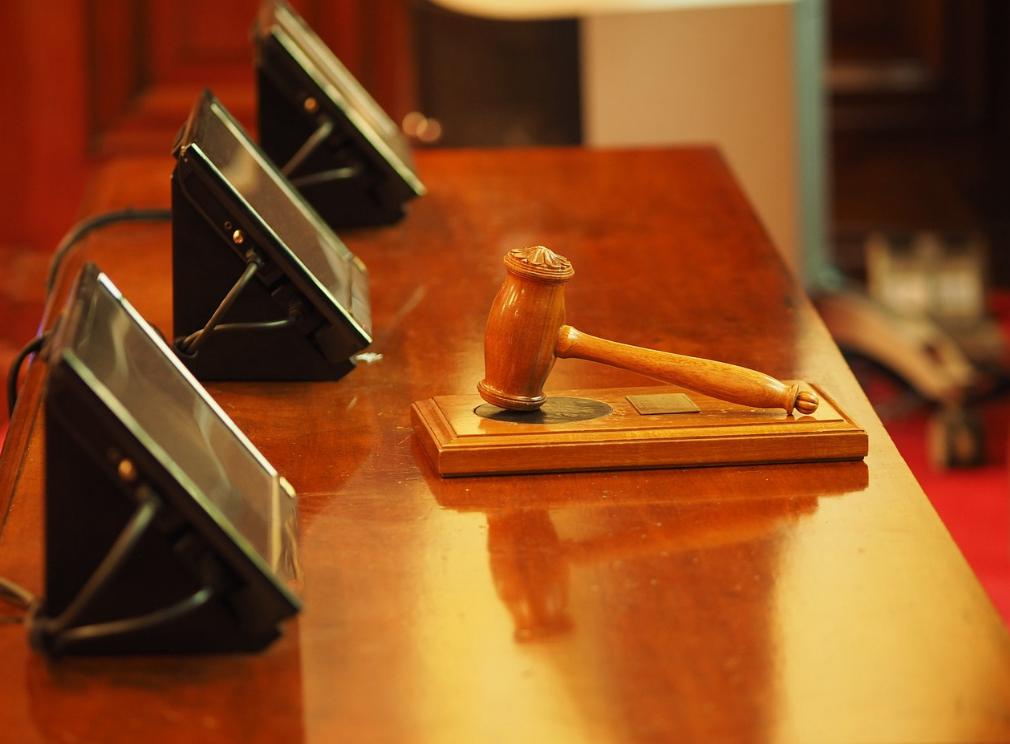Metro
Global Disputes Over AI and Copyright Laws: How Far Can Innovative Technologies Go?

Artificial intelligence has brought about a host of major changes to a wide range of industries. In fact, there are few, if any, industries that haven’t been touched by this technology in some way or another. However, AI is still in its infancy and as it continues to develop the legal frameworks that exist are struggling to keep pace. This is especially the case with copyright laws. This has led to significant global disputes with regulators, developers, and businesses all trying to allow for the use and growth of AI while balancing this with protecting intellectual property rights.
The use of AI technologies, including generative models, are capable of producing original artwork, music, text, and even software codes. This leads to an important question that, as of now, people aren’t sure how to answer: who actually owns the copyright to AI-generated content? When looking at existing copyright laws, these were designed with the protection of human creativity in mind. This means that it is proving difficult to fit AI-generated content into this legal framework. Courts and policymakers around the world are all divided on the issue. No one can decide if AI should be classed as the creator or if content generated by it should be classed as public domain.
Here’s a look at how different countries are approaching the issue with AI and copyright:
Right now, the US copyright office states that the protection of copyright can only be applied to works that have been created by a human. AI generated content can be included but only if it can be shown that there was significant human input along the way. This approach has led to legal battles playing out with developers of AI tools arguing for partial ownership rights while copyright holders of existing works are now seeking compensation on the back of their content being included in AI training data.
The European Union has been proactive when it comes to regulating AI. It has the AI Act and this aims to address issues around transparency, accountability, and copyright. The EU has also started talks around bringing in licensing agreements between AI developers and copyright owners so that parties can be sure of fair compensation for intellectual property that is used for machine learning models.
China can be seen as being at the forefront of AI adoption and its regulation. Back in 2023, the Cyberspace Administration of China brought in rules saying that all AI-generated content had to be labelled as such. The rules also stated that AI models are not allowed to infringe on any existing copyrights. These measures mean that China is in a position where it can project intellectual property while still being able to foster innovation.
Emerging markets are a real concern as they lack any clear legal framework for AI and copyright. This leads to a lack of certainty for any business that makes use of AI generated content. There are both risks and opportunities here as companies look to take advantage of any legal loopholes while facing potential changes to the law in the future.
AI’s Impact on Content Aggregation and Digital Media
The use of AI-driven content aggregation is having major impacts on industries such as gaming, new distribution, and entertainment . Companies like https://hub88.io, a casino content aggregator, utilise AI so that they can enhance content delivery, optimise the user experience, and personalise offerings for audiences around the world. This type of innovation provides both efficiency and engagement but, when it comes to news and entertainment it also brings concerns around copyright.
If you consider AI-generated summaries of articles and news reports, it becomes difficult to decide if this should be classed as fair use or if it oversteps the mark and becomes copyright infringement. Those behind creating the original content believe that AI platforms, that are responsible for aggregating and repurposing the works, should be subject to licensing agreements. At the same time, those that develop AI insist that their models do not copy content and that they transform it in such a way that copyright laws are never broken. The argument rages on and it’s courts around the world that will be responsible for settling it.
The Journey Ahead to Find a Legal Balance
As things stand right now, the future of AI and copyright law is uncertain. However, there are potential solutions that could play a part in resolving copyright disputes:
AI is not going anywhere and that means it will continue to impact businesses around the world. For it to be fully accepted by all, there needs to be a balance between allowing for it to develop while also protecting the interests of the original human content creators.
Join the conversation
Support Ripples Nigeria, hold up solutions journalism
Balanced, fearless journalism driven by data comes at huge financial costs.
As a media platform, we hold leadership accountable and will not trade the right to press freedom and free speech for a piece of cake.
If you like what we do, and are ready to uphold solutions journalism, kindly donate to the Ripples Nigeria cause.
Your support would help to ensure that citizens and institutions continue to have free access to credible and reliable information for societal development.




























